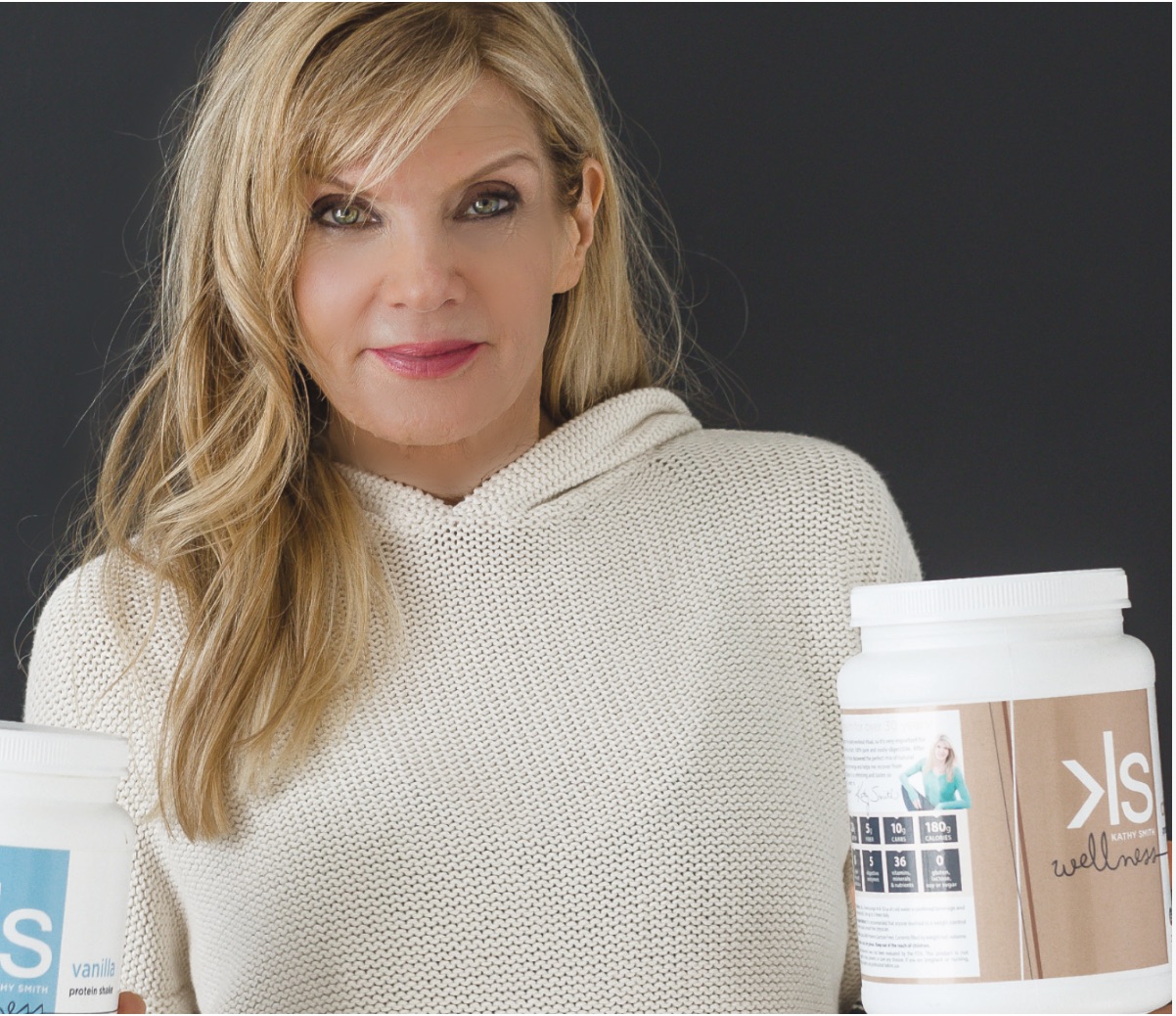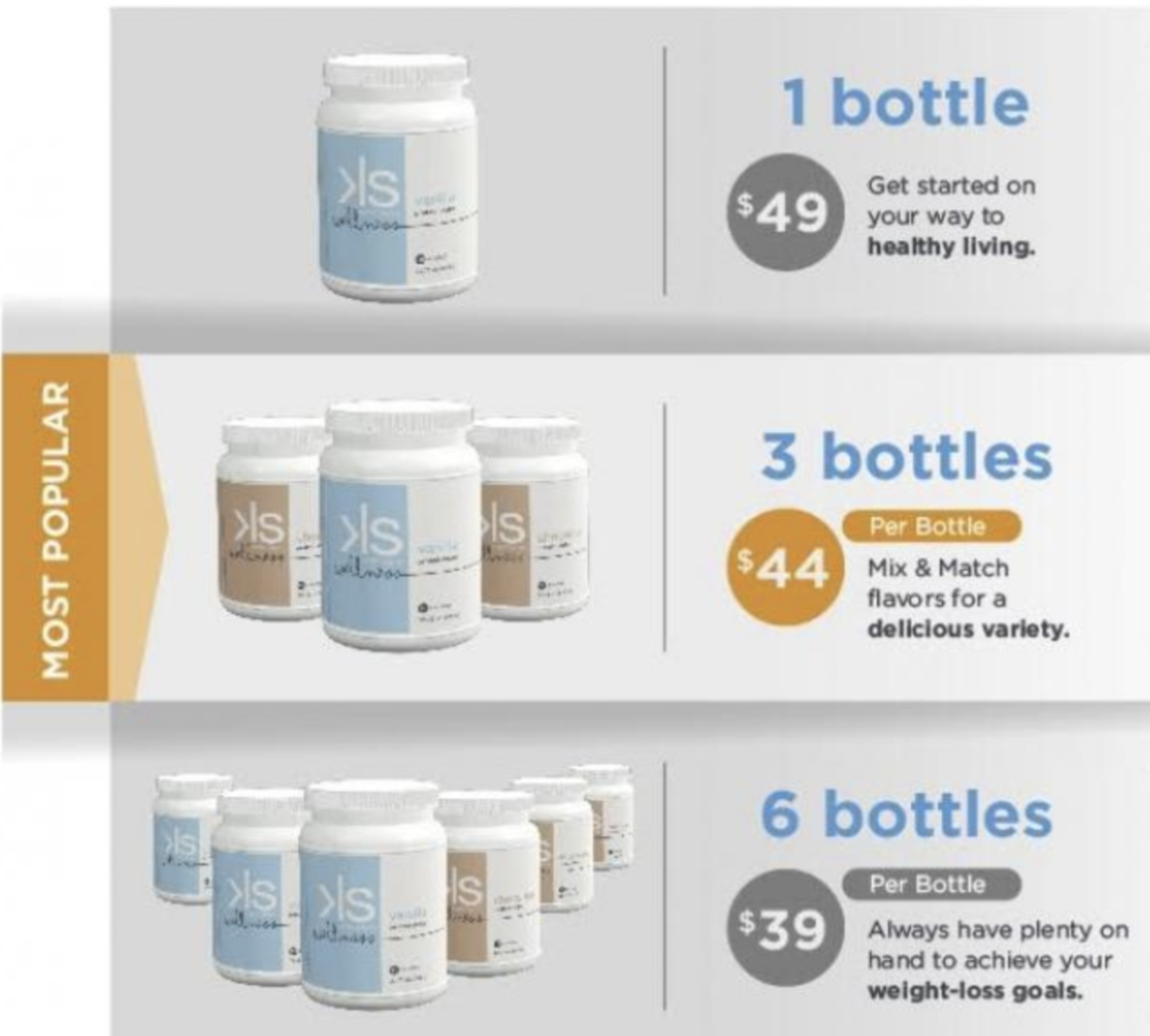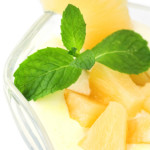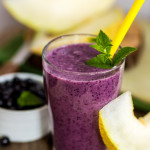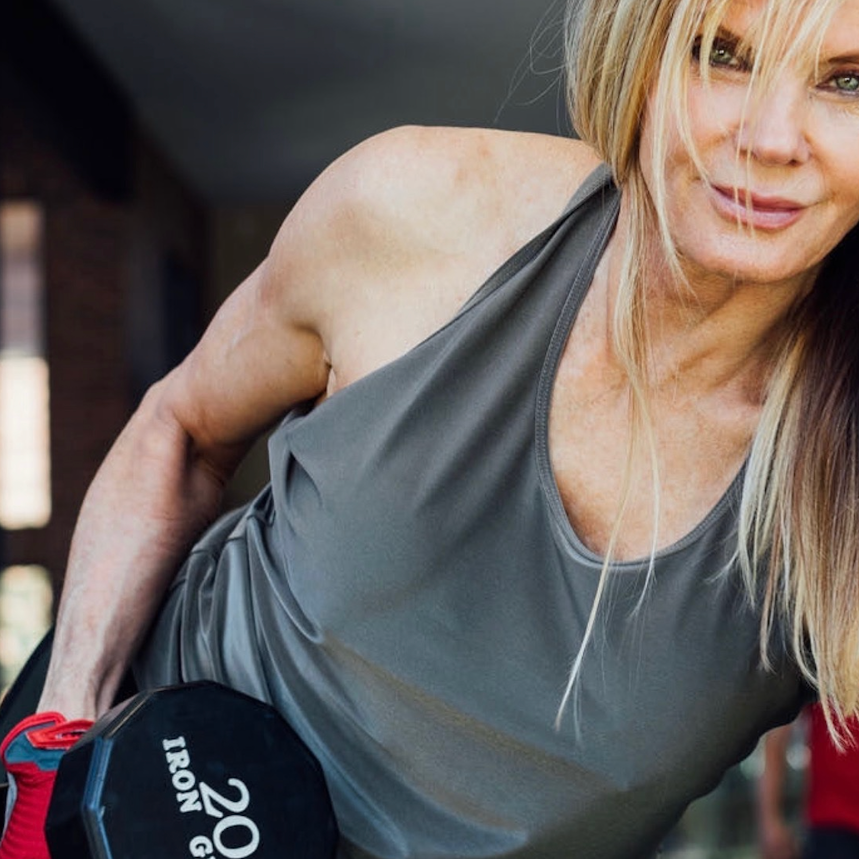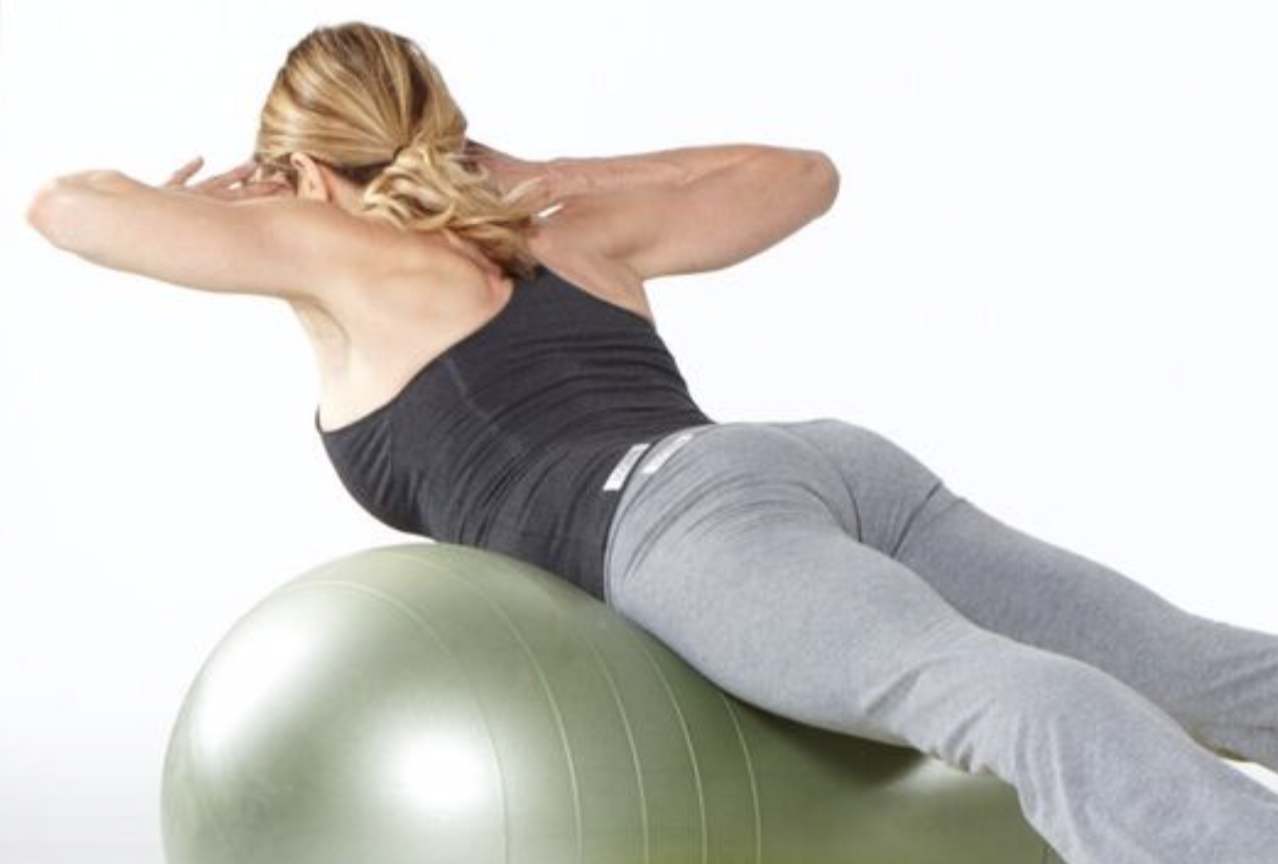How Much Protein
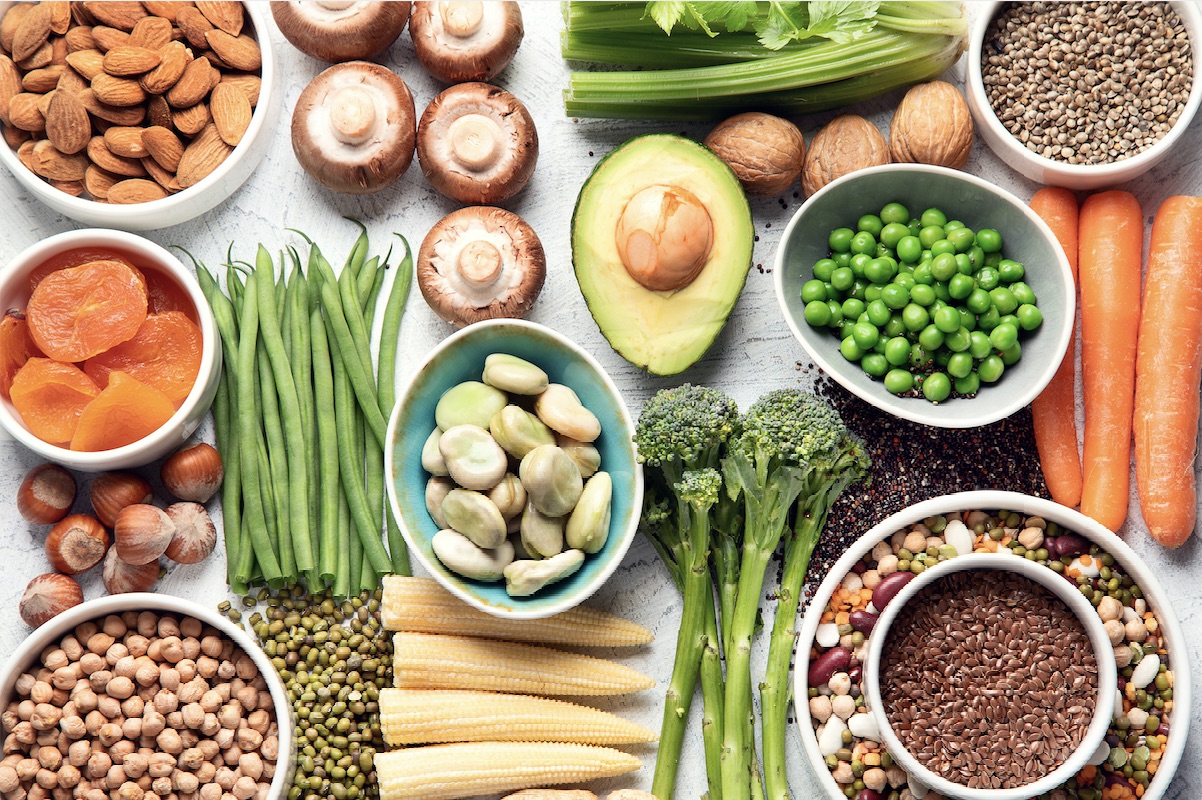
DO YOU NEED?
Research shows that as you age, your protein needs increase, because your muscles are less sensitive to protein’s signals. Which basically means, your body doesn’t absorb as much protein as it did when you were younger.
Eating less protein starting in middle-age can result in a decline in the body’s ability to develop lean muscle. Remember, strong women stay young! Having lean muscle is important because it helps with everything from coordination to balance, from agility to endurance, and from energy to weight loss.
Protein is the most important nutritional element for molding your body into the shape you desire. Proteins are broken down by the body into amino acids, the “building blocks of life.” Proteins repair and rebuild muscle tissues, grow hair and nails, create enzymes and hormones, and maintain the health of internal organs and blood.
Your body also needs protein to break down fat.
Just as water provides transport, so does protein. Together, protein and water are extremely important for transporting fat for weight loss. In order for fat cells to open their doors and let the fat out to be burned as fuel, protein and water must be handy.
Specifically, protein consists of 22 amino acids. Eight are “essential,” meaning that your body cannot manufacture them sufficiently or at all. It has to get them from the foods you eat. The others can be made by your body but are also found in food.
Protein supports weight loss because it causes you to feel full, making it much easier to leave the table. This is partly due to how much effort it takes your body to break down and utilize protein. It is work (and work means energy) for your body to divide proteins into amino acids that are absorbed and transported by the blood to cells for use.
So, the mere act of breaking down protein is burning calories and keeping your blood sugar stabilized in the process.
Foods high in protein also help you feel full because they usually contain fat as well. The combination of fat and protein can keep you less hungry between meals.
VEGETARIAN PROTEIN OPTIONS
Greek yogurt – 23g of protein per cup
Lentils – 4g of protein per 1/4 cup (cooked)
Beans (chickpeas, black beans)- 4g of protein per 1/4 cup
Cottage cheese – 14g of protein per 1/2 cup
Hemp seeds- 4g of protein per 1 Tbsp
Chia seeds- 3g of protein per 1 Tbsp
Hemp seeds- 5g of protein per 1/4 cup (shelled)
Green peas- 8g of protein per 1 cup
Almonds- 3g of protein per 1/2 oz
POWERHOUSE PROTEINS
Grass-fed meat – Rich in vitamins A and E, powerful antioxidants
Wild-caught fish – Salmon, tuna, anchovies, trout, bass, flounder, mackerel, and sardines
Cage-free eggs – super source of protein
Organic poultry – Chicken, turkey, and duck are all good protein options and contain a variety of beneficial nutrients
Bone broth – Healing compounds like collagen, glutamine, glycene, and proline that have the power to transform your health. Good for your joints!
Free-range organ meats – Liver is full of an array of B vitamins, vitamin A, selenium, and folate.

